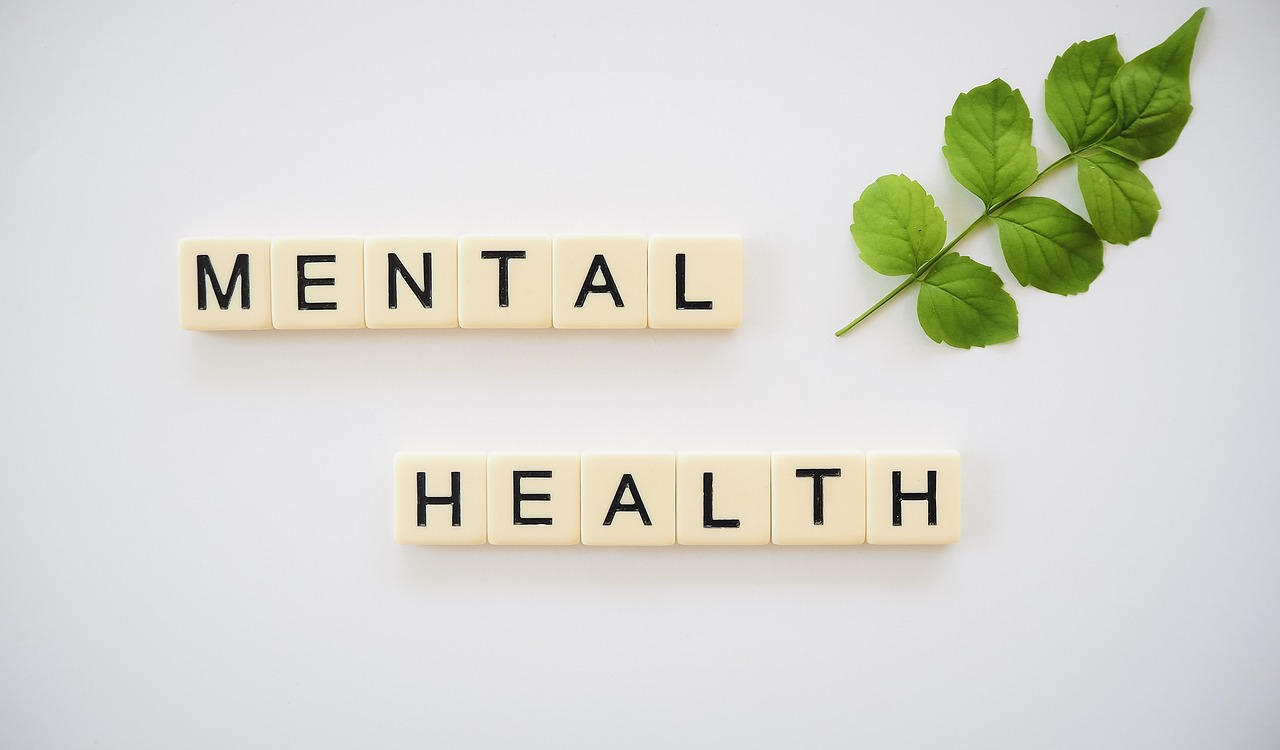
Outline
I. Introduction
- Explanation of mental and emotional health
- Importance of mental and emotional health
II. Mental Health
- Definition of mental health
- The importance of mental health
- Common mental illnesses
- Causes and risk factors of mental illnesses
- Treatment and management of mental illnesses
III. Emotional Health
- Definition of emotional health
- The importance of emotional health
- Common emotional challenges
- Causes and risk factors of emotional challenges
- Treatment and management of emotional challenges
IV. Relationship between Mental and Emotional Health
- The connection between mental and emotional health
- How mental health affects emotional health
- How emotional health affects mental health
- Importance of addressing both mental and emotional health
V. How to Maintain Mental and Emotional Health
- Healthy lifestyle practices
- Self-care practices
- Professional help and support
VI. Conclusion
- Recap of the importance of mental and emotional health
- Final thoughts and encouragement to prioritize mental and emotional health
VII. FAQs
- What is the difference between mental and emotional health?
- Can emotional health affect physical health?
- Can mental illness be cured?
- What are some self-care practices for mental and emotional health?
- When should someone seek professional help for mental or emotional health issues?
Mental and emotional health are crucial aspects of overall well-being. However, many people do not prioritize or fully understand their importance. In this article, we will explore what mental and emotional health are, their relationship, and how to maintain them.
Introduction
Mental health refers to a person\\\’s overall well-being concerning their psychological and emotional state. It is the state of being comfortable with oneself, being able to cope with everyday stresses, and having the ability to form and maintain relationships with others. Emotional health refers to a person\\\’s ability to manage their emotions and express them appropriately. This includes recognizing and understanding one\\\’s feelings, managing stress, and developing healthy coping mechanisms.
Mental and emotional health are essential components of overall health and well-being. They influence how we feel, think, act, and relate to others. Poor mental or emotional health can lead to various negative outcomes, including reduced quality of life, decreased productivity, and increased risk of physical illness.
Mental Health
Mental health is the state of being comfortable with oneself and one\\\’s surroundings. It encompasses a person\\\’s emotional, psychological, and social well-being. Good mental health is vital for living a happy and fulfilling life.
Mental illness refers to a wide range of disorders that affect a person\\\’s thoughts, behavior, and mood. Common mental illnesses include depression, anxiety, bipolar disorder, schizophrenia, and obsessive-compulsive disorder (OCD). Mental illnesses can develop due to genetic, environmental, and lifestyle factors. Risk factors for mental illness include a family history of mental illness, chronic stress, trauma, substance abuse, and poor nutrition.
Mental illness can be treated and managed through various methods, including medication, therapy, and lifestyle changes. Seeking professional help is crucial for effective treatment and management of mental illness.
Emotional Health
Emotional health refers to a person\\\’s ability to manage their emotions and express them appropriately. Good emotional health allows a person to understand and manage their feelings, cope with stress, and build healthy relationships.
Emotional challenges are common and can include feeling sad, anxious, angry, or overwhelmed. Prolonged emotional challenges can lead to poor emotional health and even mental illness. Causes of emotional challenges include trauma, stress, poor social support, and chronic illness.
Emotional challenges can be managed through various methods, including mindfulness, therapy, and lifestyle changes. Self-care practices, such as exercise, healthy eating, and relaxation techniques, can also help promote emotional well-being.
Relationship between Mental and Emotional Health
Mental and emotional health are closely related, and one can affect the other. Poor mental health can lead to emotional challenges, while unresolved emotional issues can lead to mental health issues. For example, someone who experiences chronic anxiety may develop depression or other mental illnesses if they do not seek help. Similarly, someone who has experienced trauma may struggle to manage their emotions, leading to poor mental health.
It is crucial to address both mental and emotional health to promote overall well-being. Addressing emotional issues can improve mental health, while addressing mental health issues can improve emotional well-being.
How to Maintain Mental and Emotional Health
Maintaining mental and emotional health involves various practices, including healthy lifestyle choices, self-care practices, and professional support.
Healthy lifestyle practices that promote mental and emotional health include regular exercise, healthy eating, quality sleep, and stress management techniques. Self-care practices, such as spending time with loved ones, engaging in hobbies, and practicing mindfulness, can also promote emotional well-being. Professional support, such as therapy or counseling, can be beneficial for managing emotional challenges and mental illness.
Conclusion
Mental and emotional health are crucial aspects of overall well-being. Understanding their importance and how they are related can help promote overall health and happiness. By prioritizing mental and emotional health and utilizing healthy practices and support, individuals can improve their quality of life and manage challenges effectively.
FAQs
- What is the difference between mental and emotional health?
Mental health refers to a person\\\’s overall well-being concerning their psychological and emotional state, while emotional health refers specifically to a person\\\’s ability to manage their emotions and express them appropriately.
- Can emotional health affect physical health?
Yes, emotional health can affect physical health. Prolonged emotional challenges can lead to physical health issues, including chronic pain, headaches, and digestive problems.
- Can mental illness be cured?
Mental illness cannot always be cured, but it can be effectively managed through various methods, including medication, therapy, and lifestyle changes.
- What are some self-care practices for mental and emotional health?
Self-care practices for mental and emotional health include exercise, healthy eating, quality sleep, mindfulness, spending time with loved ones, and engaging in hobbies.
- When should someone seek professional help for mental or emotional health issues?
Someone should seek professional help for mental or emotional health issues if their symptoms persist or interfere with daily life, or if they experience thoughts of self-harm or harm to others.
Thank you for reading this article on understanding mental and emotional health. It is essential to prioritize our mental and emotional health to lead happy and fulfilling lives.
Additional Resources
- National Alliance on Mental Illness (NAMI): https://www.nami.org/
- American Psychological Association (APA): https://www.apa.org/
- National Institute of Mental Health (NIMH): https://www.nimh.nih.gov/
- Mental Health America: https://www.mhanational.org/
- Substance Abuse and Mental Health Services Administration (SAMHSA): https://www.samhsa.gov/




